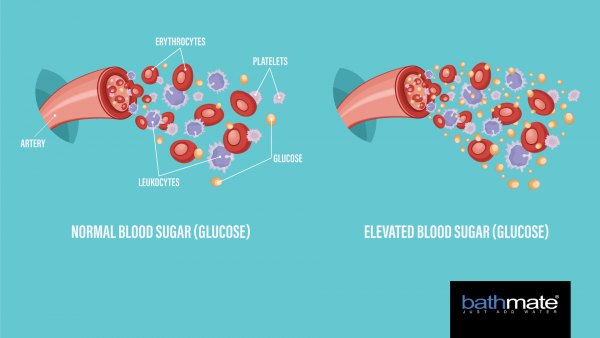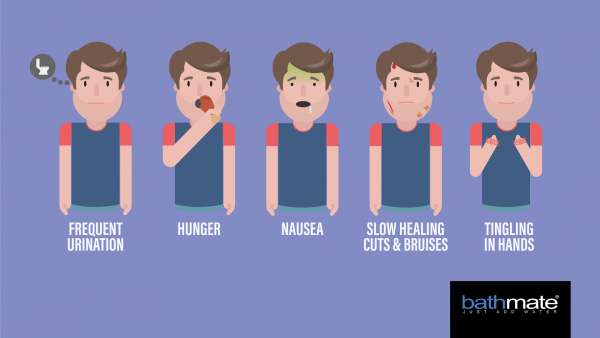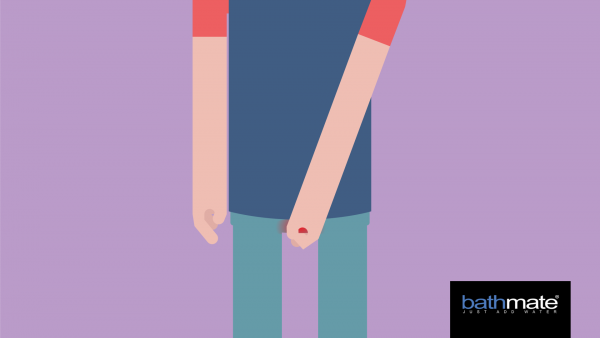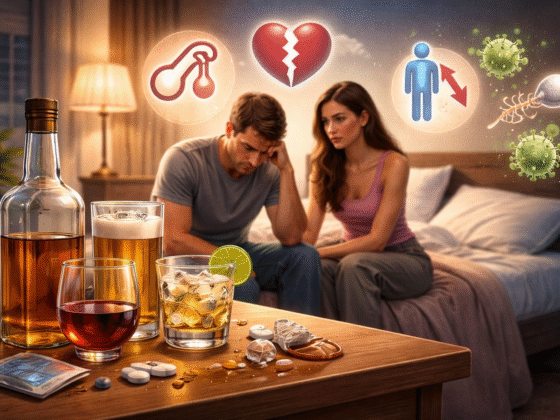Last Updated on 18th August 2021 by Charlie Walsh
As with many worldwide campaigns, the organisers of World Diabetes’s Day have chosen a dedicated theme for the 2018 event, with this year focusing on the issues affecting family. With past campaigns raising awareness of women and diabetes, this year gives a great opportunity to talk about the impact of diabetes on family members and on your relationships.

What is Diabetes?
Diabetes is a serious condition in which blood glucose levels are too high. There are many different types of diabetes. However,the main types are
Type 1 and Type 2 diabetes.
Diabetes is a medical condition which causes people to have too much glucose from their food and drink in their bloodstream. For those who don’t have diabetes, the pancreas senses when glucose has entered the bloodstream and releases a hormone called insulin to break down the glucose. However, for those who do have diabetes, the pancreas doesn’t work properly and too much glucose begins to build up. This can cause a number of health problems.
Who can be affected by diabetes?
Those who have Type 1 diabetes, are unable to make any insulin at all and undertake daily insulin injections to survive. This type of diabetes usually develops in children or young adults, but can occur at any age.
Type 2 diabetes occurs when the body doesn’t produce enough insulin or is unable to use insulin properly. This type of diabetes is fairly common and usually occurs in people who are over forty years old, overweight and have a family history of diabetes.

The Symptoms of diabetes?
The warning signs of diabetes may include:
• Increased thirst.
• Increased hunger (especially after eating)
• Dry mouth.
• Frequent urination or urine infections.
• Unexplained weight loss (even though you are eating and feel hungry)
• Fatigue (weak, tired feeling)
• Blurred vision.
• Headaches.
The impact of diabetes on family life
The organisers of World Diabetes Day have chosen to focus on the theme of family for this year, and it is clear that diabetes does impact the intimate aspects of family life such as sexual wellbeing. Despite many diabetics being in relationships, the issues surrounding diabetes and the impact that it has on sexual relationships is rarely spoken about.
Diabetes and sex
Sex is a normal part of most relationships and something that we all take for granted when everything is in working order. Having diabetes doesn’t always mean that you will have issues with sex, and that they will last forever. However, those who suffer from diabetes are more prone to sexual difficulties and may find it difficult to ask for help.
Sex and Blood Sugars
Hypos (hypoglycaemia or low blood glucose) can happen when a diabetics blood glucose level drops too low. Everyone has different symptoms of a hypo, but the most common symptoms are:
• Trembling and feeling shaky
• Sweating
• Being anxious or irritable
• Going pale
• Palpitations and a fast pulse
• Lips feeling tingly
• Blurred sight
• Being hungry
• Feeling tearful
• Tiredness
• Having a headache
• Lack of concentration.
Having sex is exercise, which may concern those who are worried about having a hypo during or after sex. After all, exercise can cause your sugars to drop very quickly. For those who have been drinking alcohol, a hypo is more likely to occur. Not everyone will have a hypo during sex. However, for those who regularly check their blood sugar levels, it is always wise to check them before you have sex and keep something sugary nearly so you can take it if you need to. Those using an insulin pump may also find that removing the pump before sex can help to prevent a hypo, but this method isn’t effective for everyone.

Diabetes and impotency
Having diabetes doesn’t always mean that you will suffer from both diabetes and erectile dysfunction. After all, a lot of people will suffer from erectile dysfunction at some point in their lives. For those that do have diabetes, high blood sugar levels over a long period of time can damage the nerves which supply the sexual organs, thus leading to problems getting an erection, maintaining an erection or a loss of sensation, so that sex is less pleasurable, This is called erectile dysfunction, or impotence. For some, this can be very embarrassing to talk about, but it is a very common complication of diabetes and there are things that can be done to help.
Speaking to your GP about any diabetes and impotence issues can help you to get the medication that you need to help you achieve an erection such as Viagra, or other pills. For some, using a natural cure for impotence such as a penis pump can help to achieve a long lasting erection.
Getting help and support with sexual problems
Speaking to someone may also help with diabetes and erectile dysfunction. Some diabetics become very worried about having a hypo during sex. This is called hypo anxiety and these anxieties can contribute to erectile dysfunction. Speaking to a member of your healthcare team, or a therapist can help you work on different techniques to quell the anxieties.
Diabetes is a life changing condition and this can be very worrying for you and your partner. However, it is a condition that can be managed with the right help and support. By speaking with your partner about any relationship or sexual issues, this can help you to open lines of communication and find a solution which works for you both. Having a fulfilling and satisfying sex life is just one of the components of a family life, but in our opinion, it is a very important one.










